
Viewpoints | Mar 26,2022
Jun 17 , 2023
By Eden Sahle
I decided to choose the platforms where I keep up with the current state of affairs six years ago out of a mere concern for my mental well-being.
Instead, I opted to research articles, authentic documentaries, long-form interviews and podcasts where the person of interest has time to explain themselves and get into the nuance of their positions.
I learned to source information from reputable institutions that adhered to standards with well-researched and balanced views. Through the process of being selective, I was able to gain a deeper understanding and a clearer perspective on current events. Learning to contextualise news within historical and country-specific contexts has helped me avoid being swayed by sensational headlines.
I have become level-headed and calm as a result. By adopting certain habits to enhance my experience and steer clear of biased information, I have felt more hopeful about situations, and my mental well-being has improved significantly.
Research has shown that individuals who repeatedly watch and listen to catastrophic events on television and radio can experience trauma, even if they are not directly affected by the event.
It was interesting to learn that many individuals have made the same choice to protect themselves and their children, that may be exposed to negative language and sensationalised content.
We are often reminded of the hyperventilation of the era and the lack of diversity in thought. Those who are silently working for the betterment of society never make it to the news, while the overwhelming traumatising issues are hyped up.
Failing to connect with the audience and making us feel excluded from the narrative we are witnessing creates a sense of intimidation and detachment. The generalised approach promotes enmity and fear instead of fostering a sense of inclusion.
In an era of rampant misinformation, it is crucial to exercise caution and discernment in our beliefs. With overwhelming information available, it is important to remember that quantity does not equate to quality. Blindly accepting everything we hear will land us in trouble, and it is vital to examine our sources.
It is possible that the issue stems from the Dunning-Kruger effect, where individuals who lack knowledge are often more confident in their understanding. In contrast, those with extensive knowledge tend to have more doubts and continue to seek further information. As we invest more time in comprehending a particular subject, we become increasingly aware of the vast amount of information we have yet to grasp.
I was afraid of falling behind the rest of society when I first cut out several information outlets. To my surprise, I was neither left out of conversations nor missed out on what was happening in the country. In fact, I was more informed by acquiring well-balanced information with proper historical and country contexts.
To avoid being caught off guard by misinformation, it is important to scrutinise information. High-value content is available if one does their own research. Unfortunately, in Ethiopia, access to such content is limited.
Producing it requires extensive research, expertise, and fact-checking rather than simply reporting on hearsay. It involves providing historical context and considering various perspectives on an issue instead of presenting partisan views.
PUBLISHED ON
Jun 17,2023 [ VOL
24 , NO
1207]

Viewpoints | Mar 26,2022

News Analysis | Jun 29,2019

Radar | Nov 05,2022
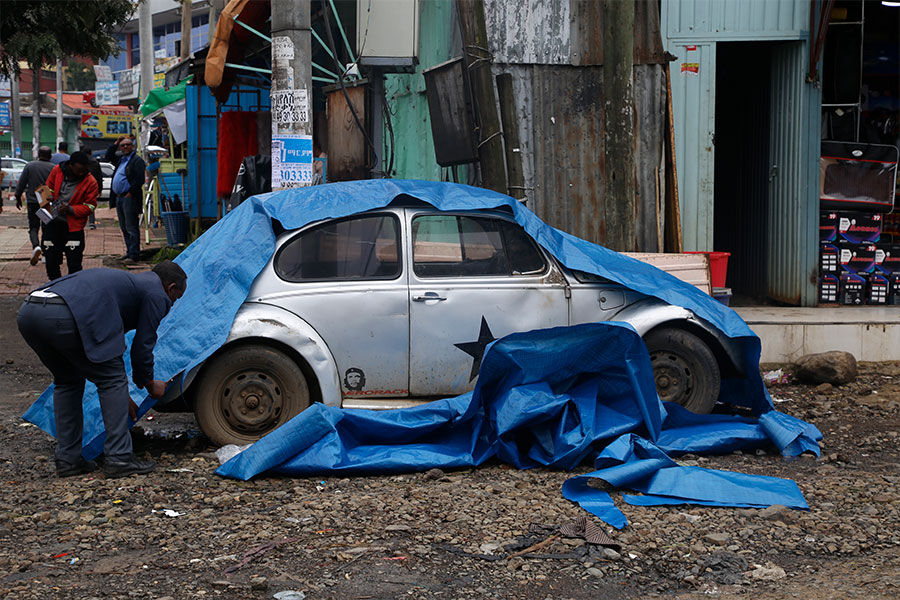
Radar | Sep 18,2021

Viewpoints | Apr 13,2024

Commentaries | Sep 27,2020

In-Picture | Mar 16,2024
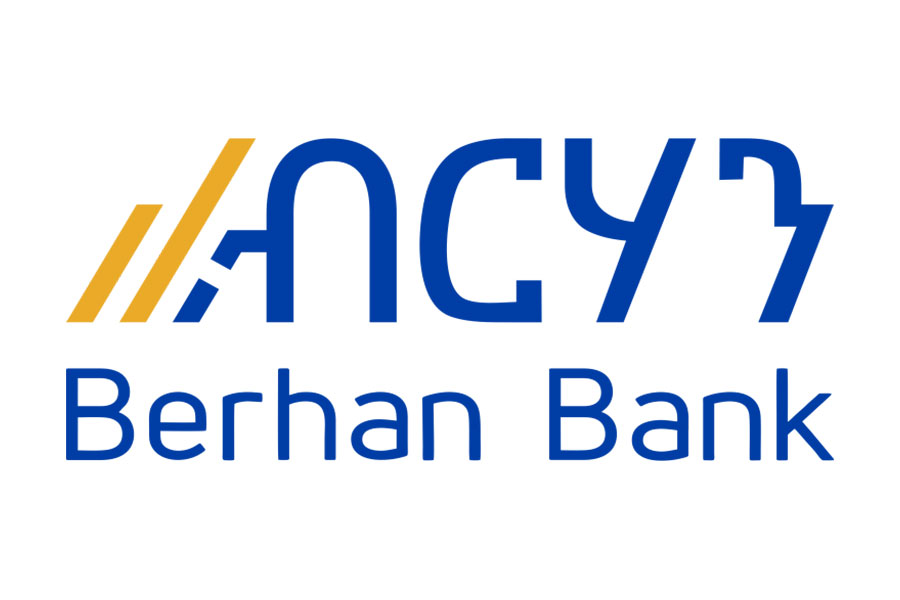
Fortune News | Jan 15,2022
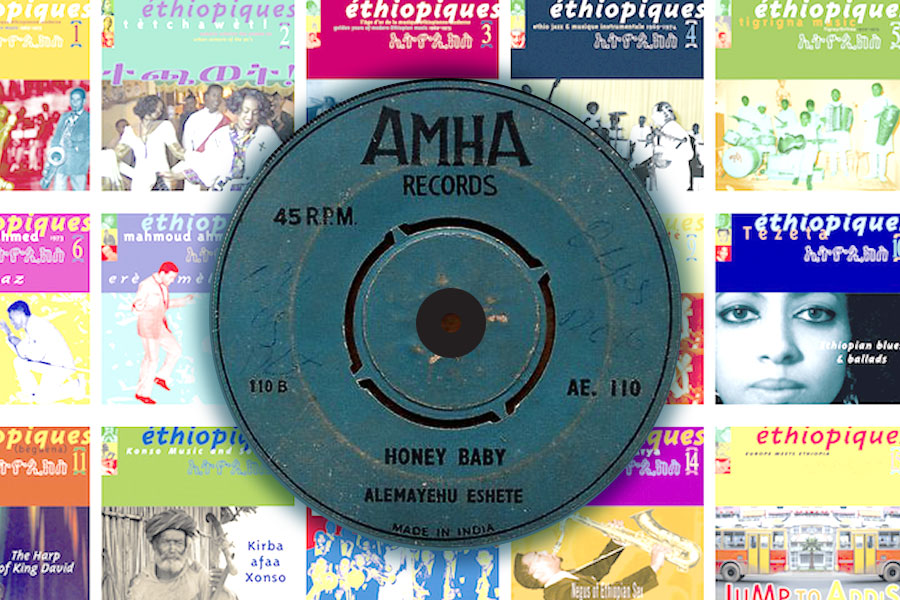
View From Arada | May 15,2021

Commentaries | Aug 26,2023

Photo Gallery | 97068 Views | May 06,2019

Photo Gallery | 89289 Views | Apr 26,2019

My Opinion | 67275 Views | Aug 14,2021

Commentaries | 65794 Views | Oct 02,2021

Feb 24 , 2024 . By MUNIR SHEMSU
Abel Yeshitila, a real estate developer with a 12-year track record, finds himself unable to sell homes in his latest venture. Despite slash...

Feb 10 , 2024 . By MUNIR SHEMSU
In his last week's address to Parliament, Prime Minister Abiy Ahmed (PhD) painted a picture of an economy...

Jan 7 , 2024
In the realm of international finance and diplomacy, few cities hold the distinction that Addis Abeba doe...

Sep 30 , 2023 . By AKSAH ITALO
On a chilly morning outside Ke'Geberew Market, Yeshi Chane, a 35-year-old mother cradling her seven-month-old baby, stands amidst the throng...

Apr 27 , 2024
The Prosperity Party (PP) - Prosperitians - is charting a course through treacherous...

Apr 20 , 2024
In a departure from its traditionally opaque practices, the National Bank of Ethiopia...

Apr 13 , 2024
In the hushed corridors of the legislative house on Lorenzo Te'azaz Road (Arat Kilo)...

Apr 6 , 2024
In a rather unsettling turn of events, the state-owned Commercial Bank of Ethiopia (C...
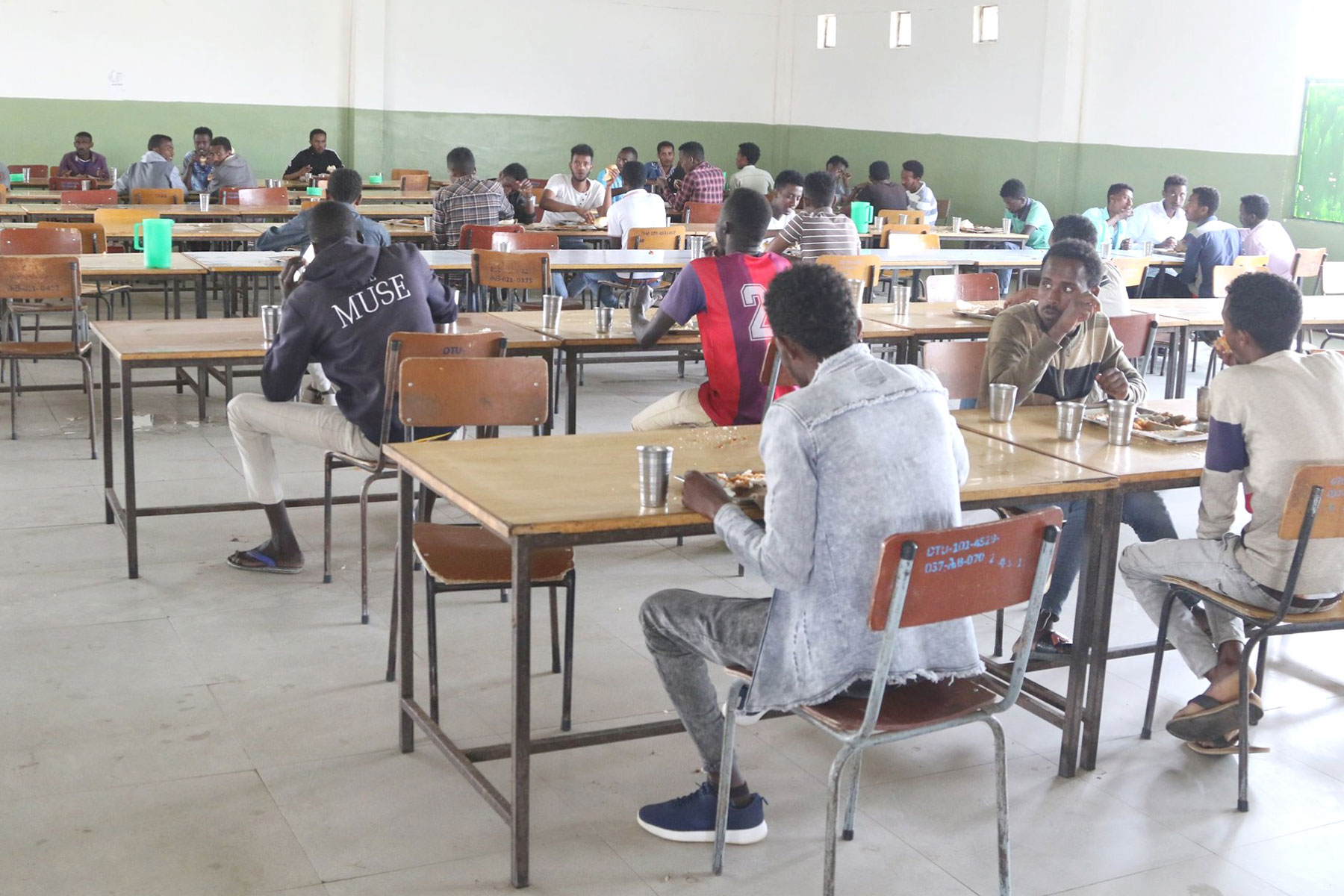
Apr 28 , 2024
A dire situation unfolds across public universities, where students face the harsh re...
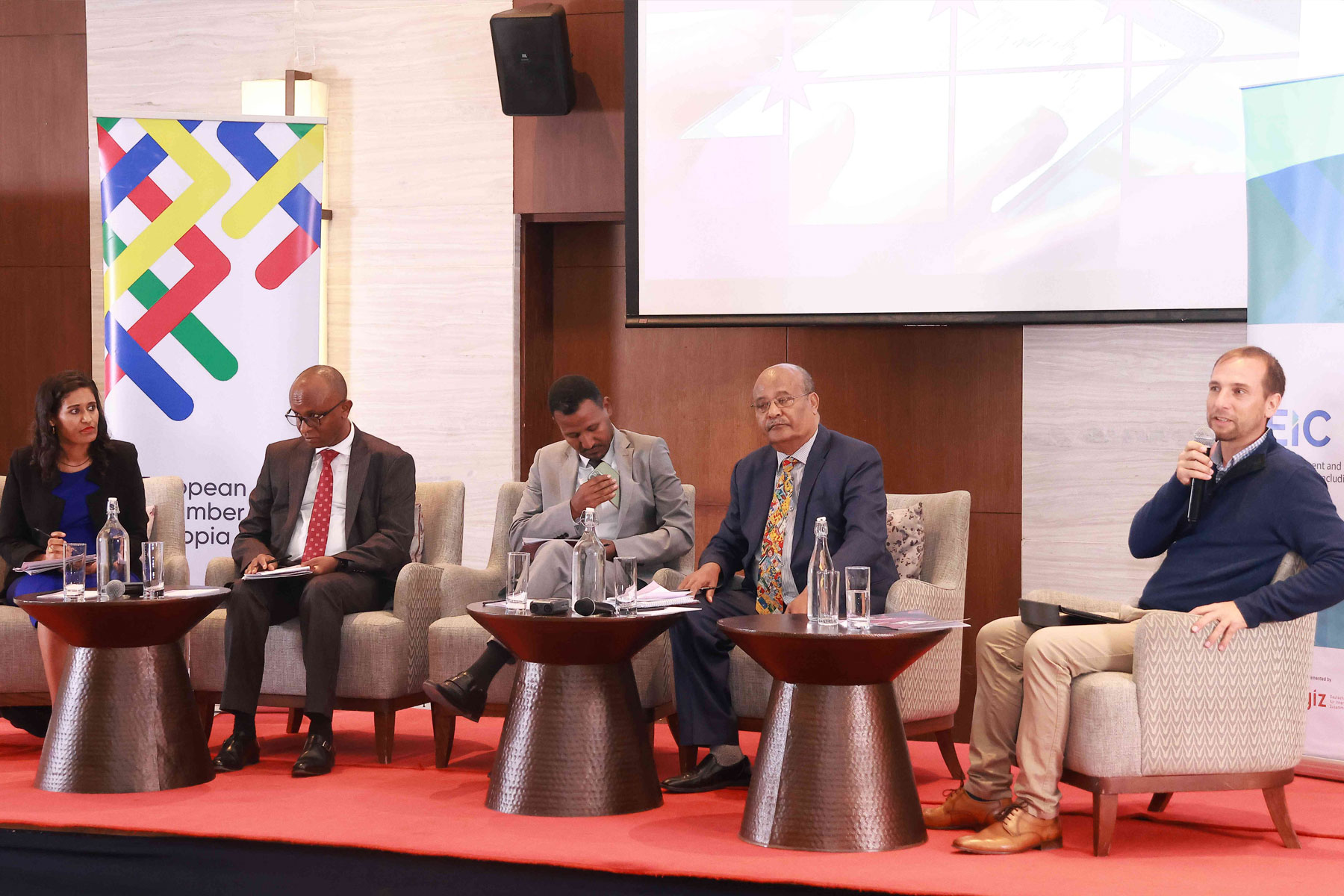
Apr 28 , 2024 . By MUNIR SHEMSU
A European business lobby in Ethiopia issued a scathing review of the tax system last...

Apr 28 , 2024
The Federal Supreme Court has recently ruled in the prolonged commercial dispute surr...
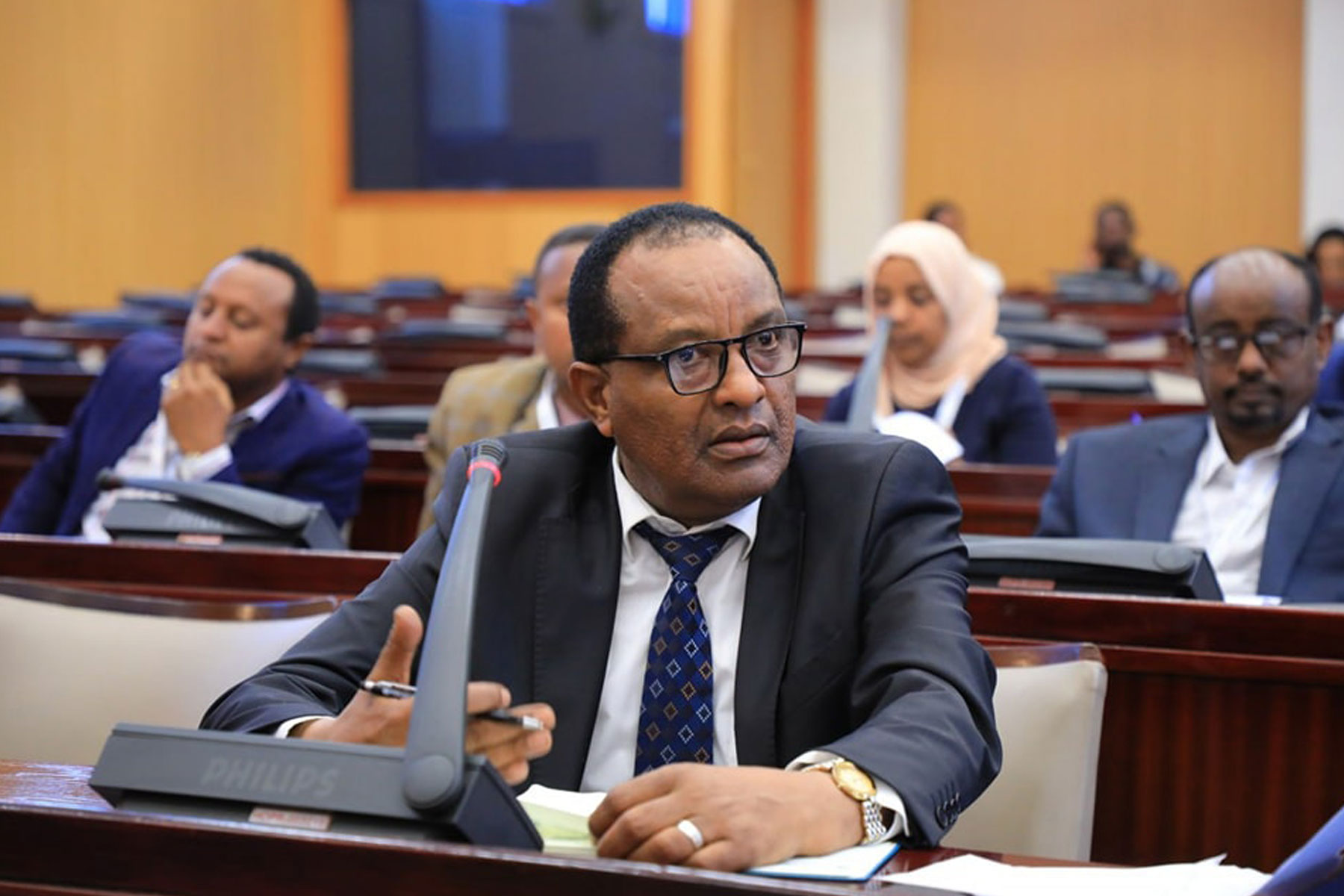
Apr 28 , 2024 . By MUNIR SHEMSU
Transport authorities placed blame on driving schools and vehicle inspection centres...